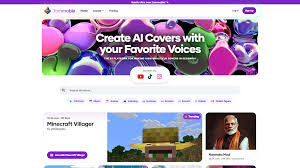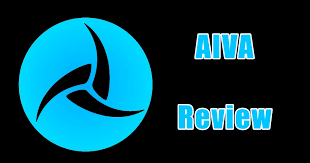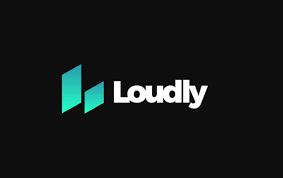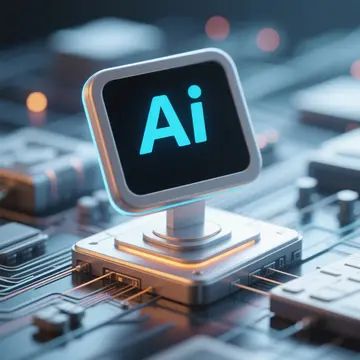Introduction
As AI music generators become more powerful, they raise one of the most urgent questions in modern creativity: who owns AI-generated music? In 2025, legal frameworks are still catching up with the tech, and creators, developers, and record labels are all grappling with the copyright implications of artificial intelligence in music production.
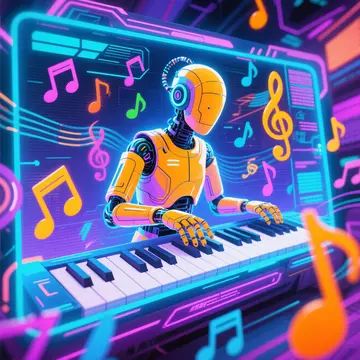
Why AI Music Raises Legal Red Flags
AI music models can:
Generate new music based on existing copyrighted works
Clone artists’ voices without consent
Create works with no human input (raising copyrightability issues)
These capabilities disrupt the traditional copyright model, where originality and human authorship are required for protection.
Top Copyright Issues in AI-Generated Music
1. Who Owns AI-Generated Music?
Most jurisdictions, including the U.S., still require a human creator for copyright protection. If a song is generated entirely by an AI model without substantial human input, it may fall into the public domain or remain unprotected.
2. Training Data and Infringement
Many AI music models are trained on copyrighted works without explicit permission. This raises concerns similar to those in the visual AI art space. If a model replicates elements of a known song, it may risk derivative work claims.
3. Voice Cloning and the Right of Publicity
Using AI to replicate a singer’s voice—known as voice synthesis or voice cloning—can violate an individual’s right of publicity, even if the melody and lyrics are original. In 2023, Universal Music Group famously took down AI-generated Drake songs due to voice cloning.
4. Licensing AI Music for Commercial Use
Even if the AI-generated track is legally safe, licensing it for commercial use (e.g., on YouTube, in games, or ads) may require clearance for:
Samples in the training data
Voice models used
Any third-party plugins or libraries involved
Global Legal Perspectives
United States
The U.S. Copyright Office ruled that works created “without human authorship” are not eligible for copyright. However, artists who use AI as a co-creator can protect parts of the work they directly contributed to.
European Union
The EU is actively regulating AI under the AI Act, requiring transparency on whether content was AI-generated. Copyright law remains human-centric, but pressure is mounting for reform.
China
China has begun regulating AI-generated media, requiring watermarks or disclosure. However, there are fewer formal protections for AI-generated work, leading to uncertainty in cross-border licensing.
Ethical and Practical Considerations
Transparency: Should creators disclose when music is AI-generated?
Attribution: Should datasets and human collaborators be credited?
Consent: Should artists be able to “opt out” of having their music used to train AI models?
Monetization: Who earns royalties from AI-generated works, especially if based on another artist’s style?
How Artists and Labels Can Protect Themselves
Trademark your voice or brand to prevent misuse in AI models
Register copyrights for all human-composed elements
Use AI platforms that disclose training data and allow license control
Stay informed on pending legislation like the Human Artistry Campaign and AI Rights Act
Conclusion
AI-generated music opens up powerful creative frontiers—but also serious legal uncertainty. In 2025, copyright law hasn’t fully caught up with the capabilities of generative audio models. For now, artists and developers must navigate this space cautiously, respecting human rights, consent, and fair use. The next wave of music law reform is likely to be driven by AI.
FAQs
Is AI-generated music automatically copyrighted?
No. In most countries, music created without substantial human authorship cannot be copyrighted.
Can I use AI to recreate another artist’s voice?
Technically yes, but legally risky. It may violate that artist’s right of publicity and open you to lawsuits.
What’s the safest way to use AI in music?
Use royalty-free datasets, original compositions, and get consent for any artist likeness or voice replication.
Learn more about AI MUSIC

